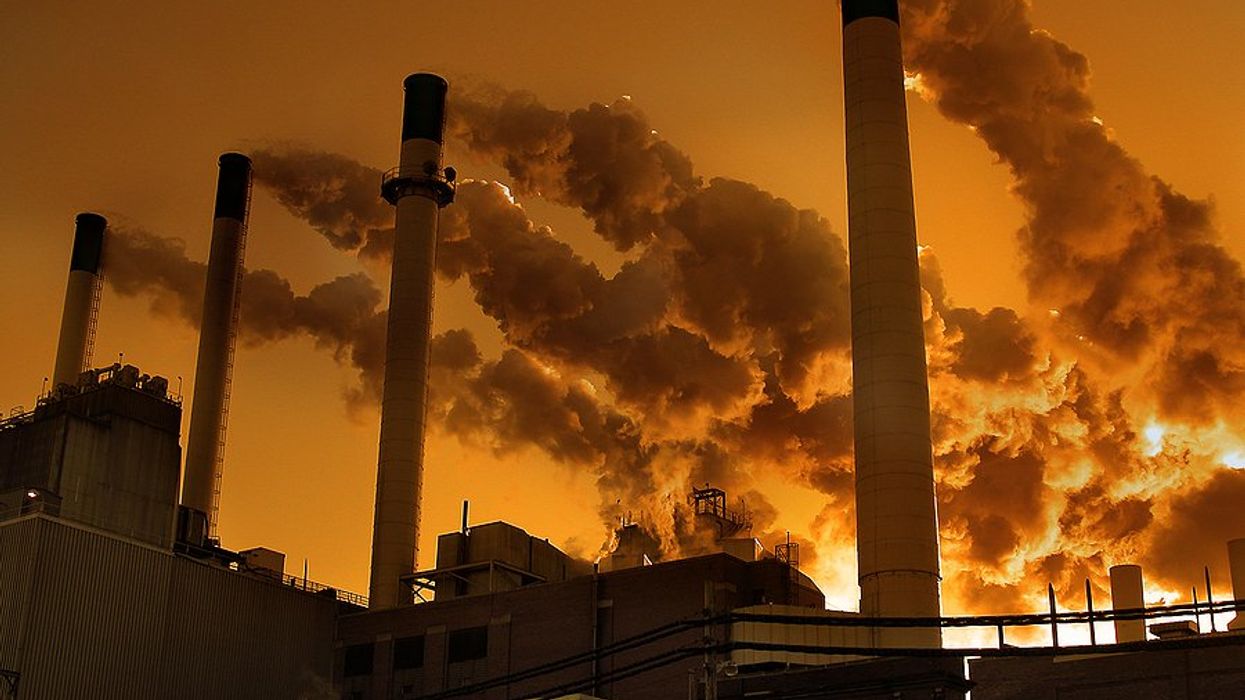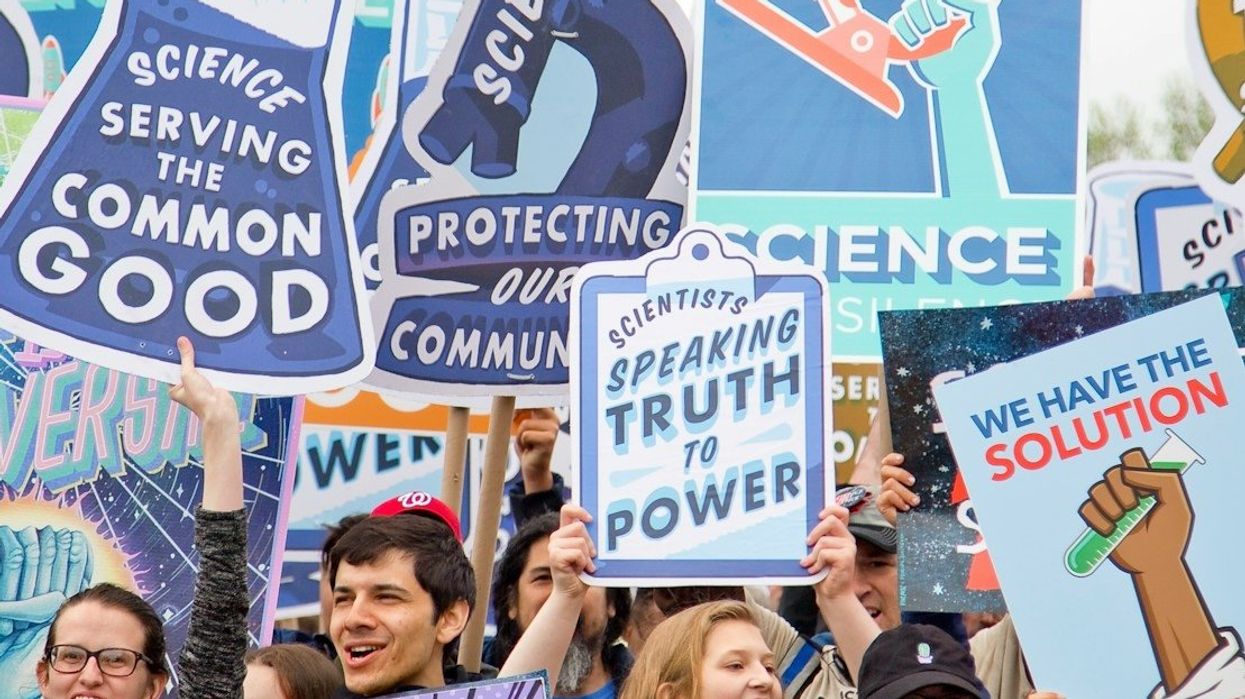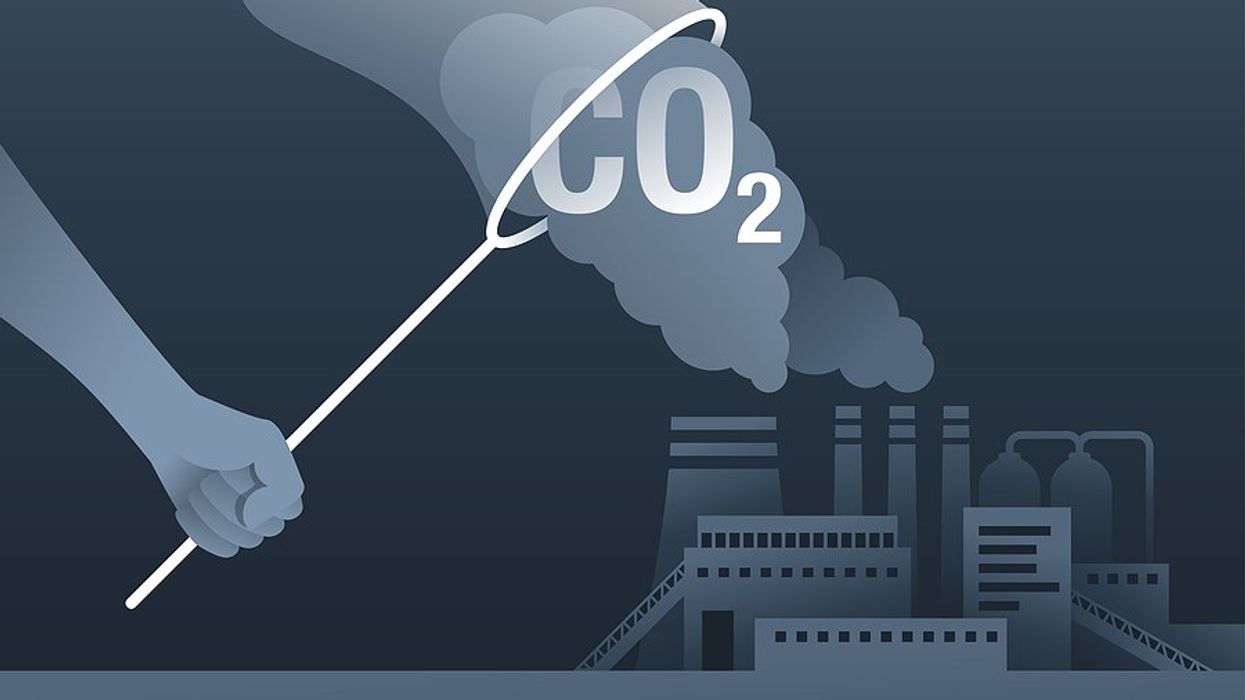The American beef industry knew as early as 1989 that cattle farming was a major source of greenhouse gas emissions but actively worked to obscure its role in climate change, new research shows.
Georgina Gustin reports for Inside Climate News.
In short:
- Recent studies reveal the U.S. beef industry was aware of its climate impact long before the 2006 United Nations report that brought livestock emissions into the spotlight.
- The National Cattlemen’s Beef Association and other industry groups launched campaigns to challenge efforts advocating for reduced beef consumption, hiring scientists and PR firms to counter climate concerns.
- Researchers estimate that if Americans had cut beef consumption in half starting in 1992, up to 13 gigatonnes of greenhouse gas emissions could have been avoided.
Key quote:
“We failed to appreciate how long the meat industry’s been involved in climate obstruction.”
— Jennifer Jacquet, professor of environmental science and policy, University of Miami
Why this matters:
Livestock farming is a leading source of methane, a potent greenhouse gas that traps heat far more effectively than carbon dioxide in the short term. The livestock industry has long sought to manage the public narrative surrounding its environmental footprint, often borrowing from the playbook of fossil fuel companies. By emphasizing efficiency improvements and promoting methane-reducing technologies, the industry has tempered calls for broader dietary shifts. Yet, agriculture remains responsible for roughly 40% of human-caused methane emissions, with beef production standing out as a key driver of deforestation, habitat loss, and water consumption.
Had earlier efforts to curb meat consumption gained widespread acceptance, today’s greenhouse gas emissions profile could look very different. Instead, global meat production continues to rise, particularly in emerging economies where demand for beef is growing. The question now is whether changing dietary trends and climate policies can meaningfully curb the industry's impact — or if methane will remain an unchecked accelerant of climate change.
Learn more: This diet will likely keep you alive longer — and help the planet















